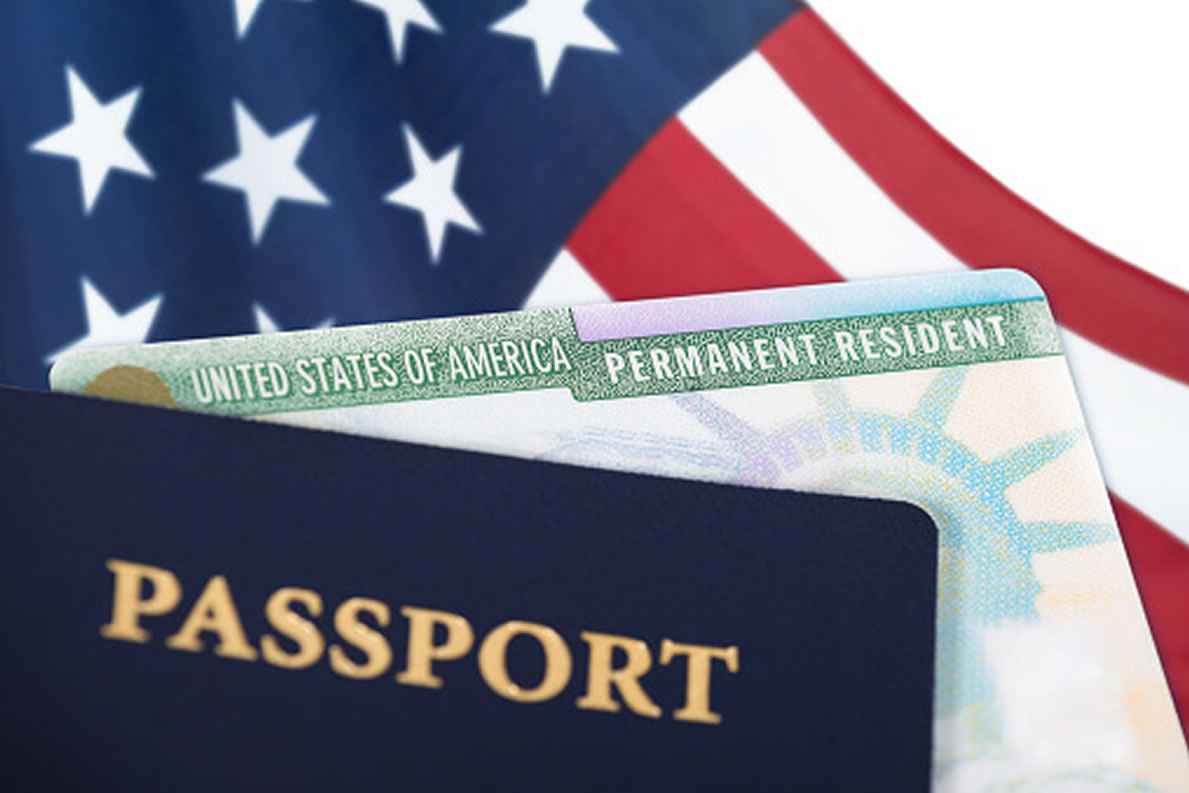Obtaining a Green Card is a significant milestone for many individuals seeking to establish their permanent residency in the United States. It opens the door to numerous opportunities, including the ability to live and work in the U.S. without restrictions. However, the process of securing a Green Card can be intricate and challenging, often leading applicants to seek professional guidance. This blog explores the essential role of immigration lawyers in navigating the complexities of the Green Card application process, ensuring applicants receive the support they need.
Understanding the Green Card Process
According to one law firm, a Green Card, officially known as a Permanent Resident Card, allows individuals to reside permanently in the U.S. It is a vital step toward citizenship for many immigrants. There are various pathways to obtain a Green Card, including family sponsorship, employment-based applications, refugee or asylum status, and the Diversity Visa Lottery. Each category has its specific eligibility requirements and procedures, making it crucial for applicants to understand their options.
The application process often involves submitting extensive documentation, undergoing background checks, and attending interviews. Many applicants find it overwhelming to manage the requirements and ensure that all information is accurate and complete. This is where immigration lawyers come into play, guiding individuals through the intricacies of the process and helping them make informed decisions about their Green Card applications.
The Importance of Legal Representation
Navigating the complexities of immigration laws can be daunting, especially for those unfamiliar with the legal landscape. The stakes are high, as any misstep in the application process can lead to delays or even denials. This is why having legal representation is invaluable. Immigration lawyers possess the expertise needed to navigate the intricate web of laws and regulations surrounding Green Card applications.
With their extensive knowledge of the immigration system, lawyers can help applicants avoid common pitfalls. They ensure that all necessary documents are gathered and submitted correctly, minimizing the chances of errors that could jeopardize the application. Additionally, lawyers can offer strategic advice tailored to each client’s unique situation, helping them present the strongest case possible.
Common Challenges in the Green Card Application Process
Despite the best efforts of applicants, challenges often arise during the Green Card application process. One common obstacle is insufficient documentation, which can lead to requests for additional evidence (RFEs) or outright denials. Many applicants underestimate the importance of providing comprehensive and accurate documentation, resulting in unnecessary delays.
Immigration lawyers play a crucial role in identifying potential challenges early on. They can help applicants anticipate issues and prepare a thorough application that addresses potential concerns. Furthermore, if an application is denied, lawyers can assist with appeals or reapplications, providing clients with options to pursue their goals despite setbacks.
Choosing the Right Immigration Lawyer
Selecting the right immigration lawyer is essential for a successful Green Card application. Not all lawyers specialize in immigration law, so it’s crucial to find someone with relevant experience. When searching for an attorney, applicants should consider factors such as credentials, reputation, and previous success rates with Green Card applications.
In addition to qualifications, the relationship between the lawyer and the client is vital. Applicants should seek an attorney who is approachable and communicates clearly, as this ensures that they feel comfortable discussing their concerns. A lawyer who takes the time to understand their client’s unique situation can provide tailored advice and build a strong case for their Green Card application.
The Impact of Changing Immigration Policies
The landscape of immigration law is continually evolving, with policies and regulations subject to change based on political and social factors. These changes can significantly impact the Green Card application process, creating uncertainty for applicants. Immigration lawyers are essential in this context, as they stay updated on the latest developments in immigration law.
By keeping abreast of policy changes, lawyers can advise clients on how these shifts may affect their applications. They can also help clients adapt their strategies to align with new requirements or guidelines. This proactive approach is invaluable in navigating the ever-changing immigration landscape and ensuring clients are well-prepared for any developments that may arise.
Success Stories: How Immigration Lawyers Make a Difference
Many individuals have successfully obtained their Green Cards with the guidance of immigration lawyers, transforming their lives in the process. For instance, consider a family who faced significant challenges in their application due to language barriers and unfamiliarity with the legal system. By hiring an experienced immigration attorney, they received the support they needed to navigate the application process, resulting in a successful outcome.
These success stories highlight the critical role that immigration lawyers play in their clients’ journeys. They not only provide legal expertise but also offer emotional support and reassurance during a stressful time. The positive impact of their guidance is evident in the lives of those who have successfully secured their Green Cards, allowing them to embrace new opportunities in the United States.
In conclusion, the journey to obtaining a Green Card is filled with challenges, but the support of an immigration lawyer can make a significant difference. From understanding the complexities of the application process to providing strategic guidance and support, immigration lawyers are invaluable allies in the pursuit of permanent residency. By choosing the right attorney and leveraging their expertise, applicants can navigate the path to securing their Green Cards with confidence. Ultimately, this partnership not only facilitates the immigration process but also empowers individuals to build a brighter future in the United States.























